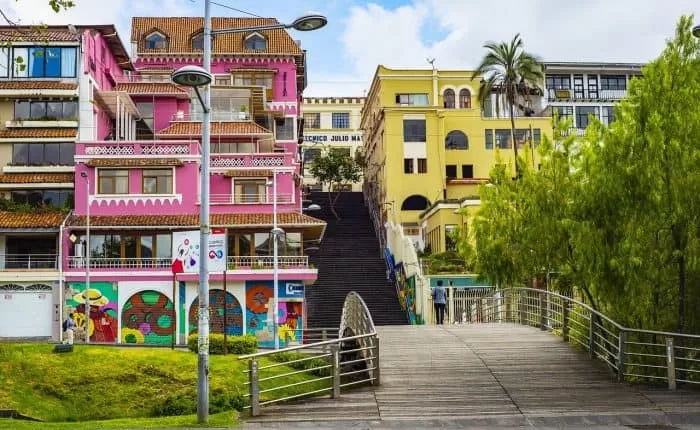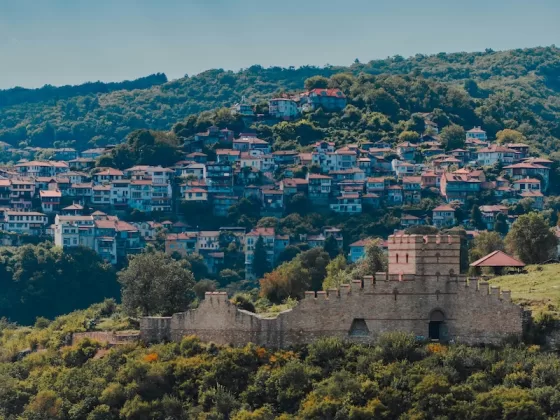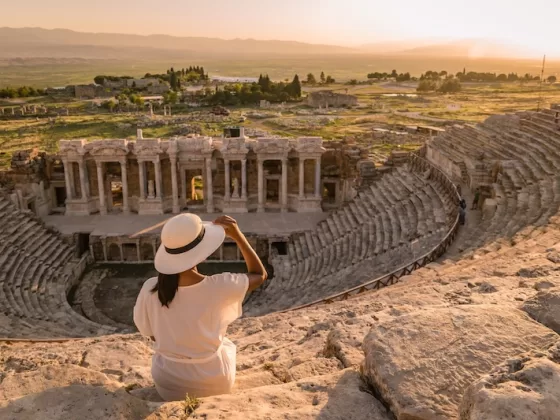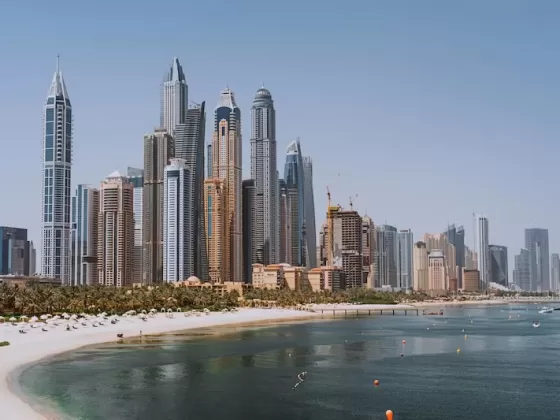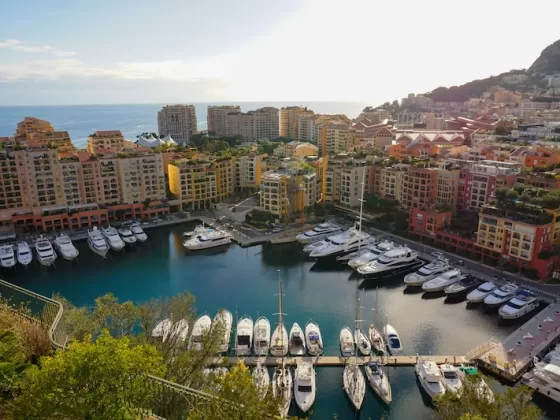The Daily Brief – Growth of the Middle Class of Ecuador
The office of the United Nations Program for Development (PNUD) located in Quito, just released data showing that there has been a growth of the middle class of Ecuador from 14% of the general population to a very respectable 35% in the last 9 years. The same study shows that if you limited the advance of the middle class to urban centers only, the figure stands at 45%. This is a strong and significant economic advance, achieved in a relatively short period of time.
The report issued by the PNUD, titled, “The Rise of the South: Human Progress in a Diverse World”, included commentary by Ecuadorian Foreign Minister Ricardo Patiño, who gleefully stated that such progress had occurred largely under the Presidency of Rafael Correa, utilizing unorthodox economic strategies and public policies, generally frowned upon and criticized by foreign entities, such as the International Monetary Fund (IMF). It was a not too subtle snub at an entity, which had pronounced the Ecuadorian economy “dead” in 2008, when Ecuador purposely defaulted on its foreign bond debt.
Diego Zorilla, the PNUD representative in Ecuador, further declared that Ecuador had “…dramatically improved the reduction of poverty….” across the nation. In fact, Ecuador was deemed to have the second best record in the reduction of poverty in Latin America. Also, showing Ecuador’s continued progress, it now ranks 89 of 187 country’s ranked by PNUD, in terms of economic progress, which further shows that from 2007 to 2012, Ecuador ranked #1 for the largest progress in the global ranking table ratings.
Ecuador’s Foreign Minister, Ricardo Patiño, attributed the impressive statistics to a new form of free market capitalism, which seeks to empower and prioritize the individual, as the producer of capital, over a direct emphasis on the capital goods. He encouraged a global review and reconsideration of a more “humanistic” approach to capitalism, calling on the United Nations to lead the way in proposing the consideration of similar changes on a global scale.
Patiño’s comments, admittedly, come from a place that extends beyond pure altruism, as he also commented, “If the dominant global powers remain without transformation, it will be impossible to sustain the growth and development of the countries in the Southern hemisphere.” For an Ecuador often painted as “isolationist”, by a misinformed Western press, Patiño’s comments clearly show that despite the dramatic economic progress in Ecuador, the current administration recognizes the need for global economic evolution, cooperation and progress.
